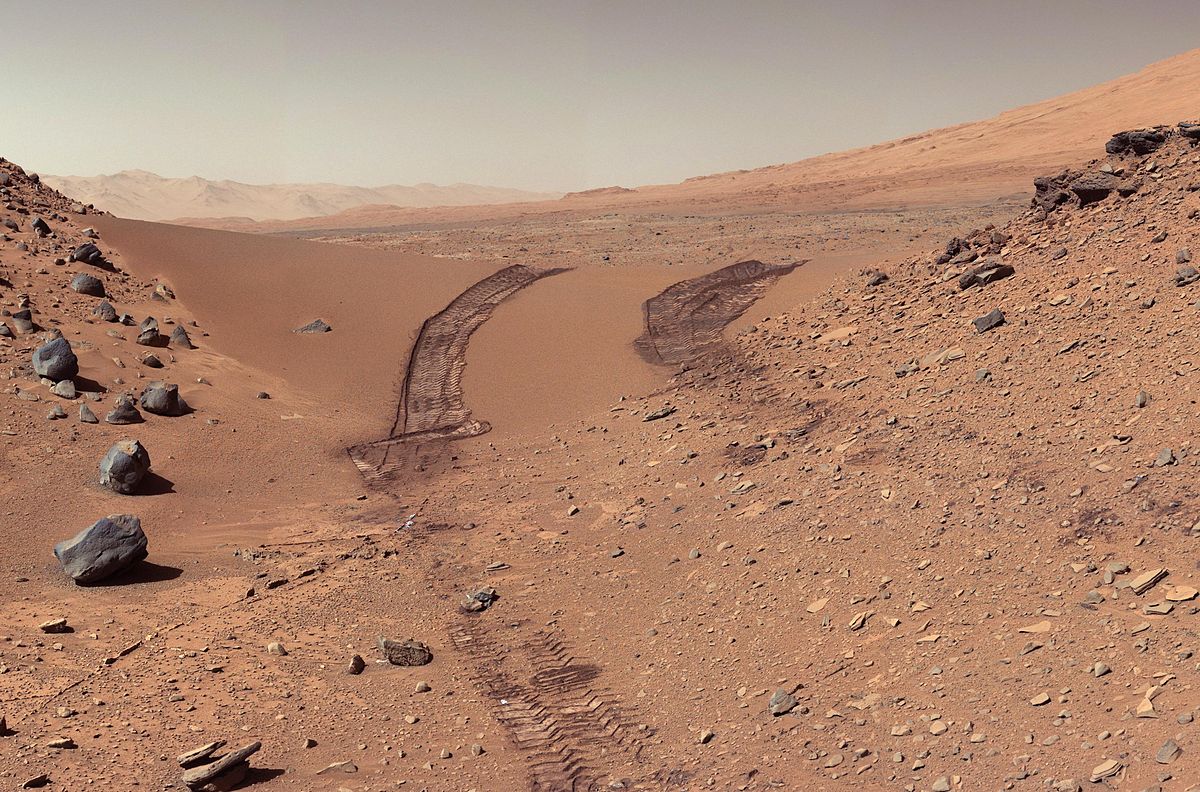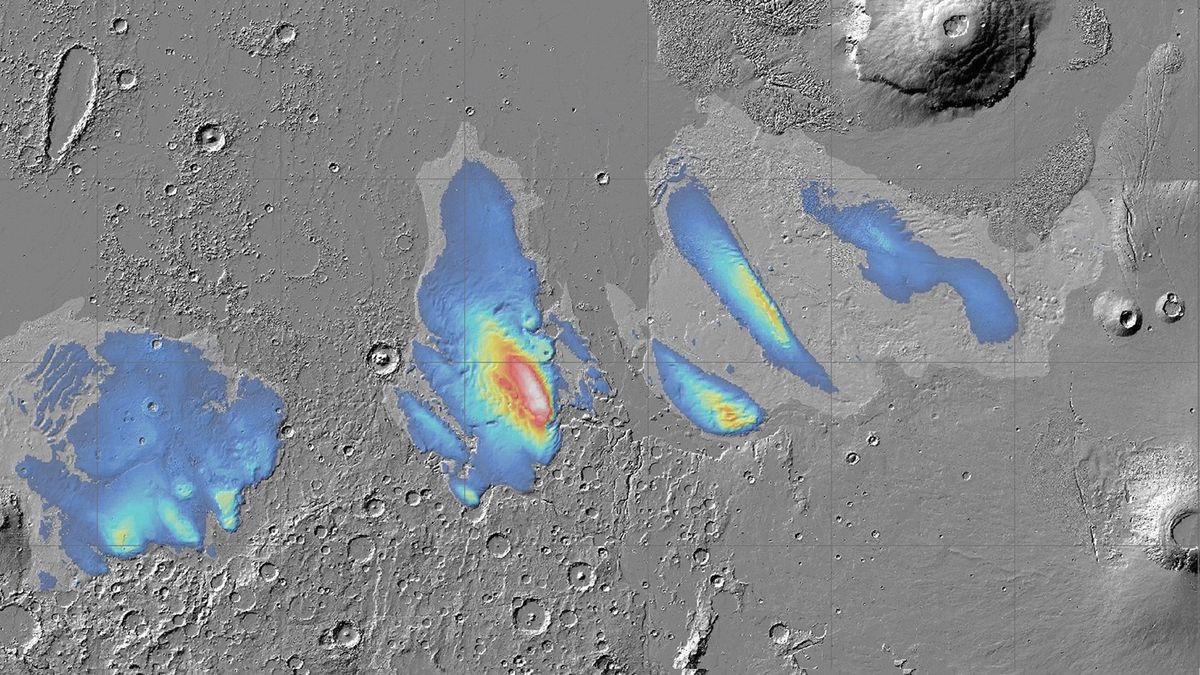If we ever do move to Mars there will be no lack of water:
The Mars Express orbiter has detected enough water ice buried beneath the Red Planet's equator to cover the entire planet in a shallow ocean if melted.

www.space.com
A European Space Agency (ESA) probe has found enough water to cover
Mars in an ocean between 4.9 and 8.9 feet (1.5 and 2.7 meters) deep, buried in the form of dusty ice beneath the planet's equator.
The finding was made by ESA's
Mars Express mission, a veteran spacecraft that has been engaged in science operations around
Mars for 20 years now. While it's not the first time that evidence for ice has been found near the Red Planet's equator, this new discovery is by far the largest amount of water ice detected there so far and appears to match previous discoveries of frozen water on Mars.
"Excitingly, the radar signals match what we expect to see from layered ice and are similar to the signals we see from Mars' polar caps, which we know to be very ice rich," said lead researcher Thomas Watters of the Smithsonian Institution in the United States in an ESA statement.



